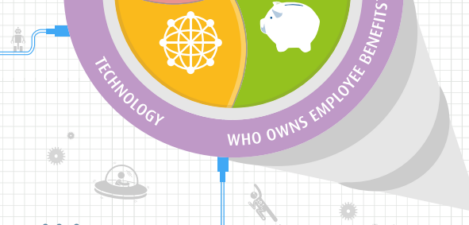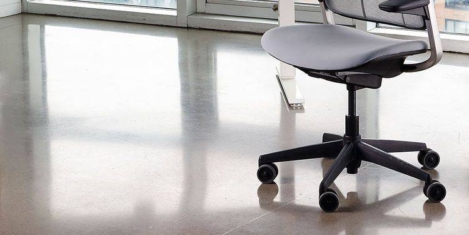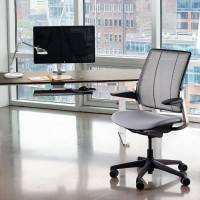September 12, 2015
Productivity myths + Gen Y shun London + Wellness & Work 0
 In this week’s issue; Mark Eltringham says when it comes to productivity, not everything at work is a motivator and lists five ways your colleagues might be driving you mad. Researchers say that green cities could result in global savings in the trillions; the allure of London for Generation Y appears to be fading; and business leaders in the Capital are concerned about retaining employees and improving the infrastructure. The number of people working excessive hours in the UK increases by 15 per cent since 2010; US workers admit that that when they need to get important work done, they avoid the office completely; and wellness policies are overlooking the effects of the workplace on health. Check out our new events page, subscribe for free quarterly issues of Work&Place and weekly news here., You can follow us on Twitter and join our LinkedIn Group to discuss these and other stories.
In this week’s issue; Mark Eltringham says when it comes to productivity, not everything at work is a motivator and lists five ways your colleagues might be driving you mad. Researchers say that green cities could result in global savings in the trillions; the allure of London for Generation Y appears to be fading; and business leaders in the Capital are concerned about retaining employees and improving the infrastructure. The number of people working excessive hours in the UK increases by 15 per cent since 2010; US workers admit that that when they need to get important work done, they avoid the office completely; and wellness policies are overlooking the effects of the workplace on health. Check out our new events page, subscribe for free quarterly issues of Work&Place and weekly news here., You can follow us on Twitter and join our LinkedIn Group to discuss these and other stories.









 The allure of London for Generation Y appears to be fading, according to
The allure of London for Generation Y appears to be fading, according to 
 One of the most typical claims that suppliers in this sector make about their products is that they will make people more productive at work. Many go so far as to put numbers on what this means, and usually not just 0.4 percent or whatever but something far more. We can understand why they do this because they are seeking to link workplace productivity to whatever it is they have to sell. This is often tenuous for at least two reasons. The first is that even when such a causal link is demonstrably true, it still assumes that all other things at work are equal, whereas they never are because there are so many factors involved. That is why you will find some people cheerfully working in shabby, cluttered, underlit offices while others mope around unhappily in gilded cages with expensive chairs, soaring daylit atria and olive groves. The second is that such claims simply ignore what makes people tick.
One of the most typical claims that suppliers in this sector make about their products is that they will make people more productive at work. Many go so far as to put numbers on what this means, and usually not just 0.4 percent or whatever but something far more. We can understand why they do this because they are seeking to link workplace productivity to whatever it is they have to sell. This is often tenuous for at least two reasons. The first is that even when such a causal link is demonstrably true, it still assumes that all other things at work are equal, whereas they never are because there are so many factors involved. That is why you will find some people cheerfully working in shabby, cluttered, underlit offices while others mope around unhappily in gilded cages with expensive chairs, soaring daylit atria and olive groves. The second is that such claims simply ignore what makes people tick.




















September 18, 2015
What Robert Frost can teach us about the changing workplace
by Mark Eltringham • Comment, Facilities management, Flexible working, Technology
(more…)